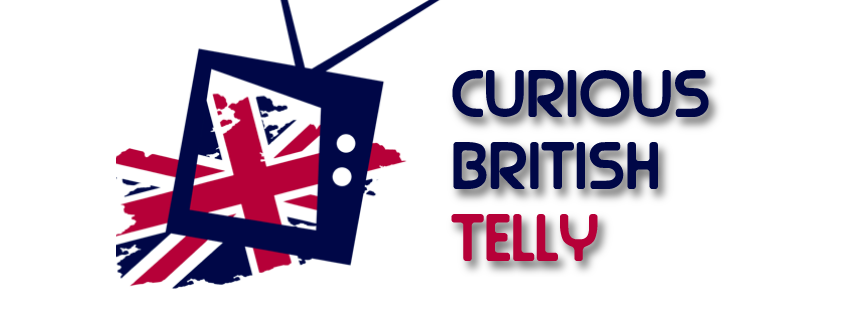Wednesday 15th October 2014 finally saw the launch of the much anticipated BBC Genome project which has seen 4,469 issues of the Radio Times being digitised and the listings uploaded for any Tom, Dick or Harry to view. Yes, that's nearly 4,500 issues or a staggering 4.5 million programmes stretching from 1923 up to 2009 - from this point onwards listings were plucked from iPlayer listings.
Users are able to search this vast archive by date, programme or even specific Radio Times issue. This has led to the public flocking to the website - which is still in Beta - to reminisce about what was transmitted on the day they were born, how the listings described historic events e.g. the first Doctor Who episode and just how much the lineups have changed over the years (apart from Bruce Forsyth who has constantly haunted Saturday evenings).
The first mention of the Genome project came back in August 2010 when Helen Papadopoulos announced the intention to create a "comprehensive record of the BBC's broadcast history all the way back to 1923. Originally due to be completed by August 2011, the project proved trickier than expected due to anomalies such as different BBC regions showing different programmes and even whole listings going missing. However, by the end of 2012 digitisation was complete and the next stage of the project focussed on designing an interface to help users navigate through this vast archive.
The project first went live in July 2013, but this was for the eyes of BBC staff only. Just over a year later and BBC Genome is finally available for everyone. Plenty of work, however, is still required. Hilary Bishop and Jake Berger - both part of the project - have warned that data still isn't 100% due to Optical Character Recognition (OCR) errors which have resulted in misread data and, consequentially, many listing errors have been produced. Much like a Wikipedia article, though, the public will be able to come together like a community and help amend errors with an 'edit' button.
It's a little irritating that the project has gone live with these OCR errors, but with a project of this scale it's not surprising there would be teething problems with the content. Hopefully the BBC and the general public will help rectify these listing errors over the next year. One thing that puzzles us, though, is the BBC's reluctance to advise how much the project cost. We have absolutely no idea what the figures are, but can't imagine it was very cheap - the BBC have merely commented "any decisions were made with value for money for audiences at its core".
Mind you, who the hell are we to complain? Curious British Telly is thrilled by the prospect of Genome due to the opportunities it opens for our blog. Given that our perogative is seeking out information about obscure, forgotten shows, Genome is an absolute goldmine. Up until now we've had to seek out physical copies of the Radio Times which hasn't proved easy or cheap.
A good example is Sebastian the Incredible Drawing Dog; prior to our blog there were barely any mentions of it online, least of all an episode guide. Determined to create an online resource about the show we had to find the relevant Radio Times to piece together its history. Sure, we could buy up expensive back issues on Ebay, but we'd have had no money for food come the end of the month. The only other option was to trek down to London to scour the archives of the British Library. Certainly a cheaper option, but frustrating when you find there are gaps in their collection!
Genome solves issues like that for us and we can now browse through the listings to our hearts content from the comfort of our house. Not only that, we've always found back issues of the Radio Times an ideal place to discover mysterious shows tucked away in the schedules for us to investigate further. Frankly, we can't wait to start fishing through this immense, digital archive and bring even more detailed research to our blog.

No comments:
Post a Comment